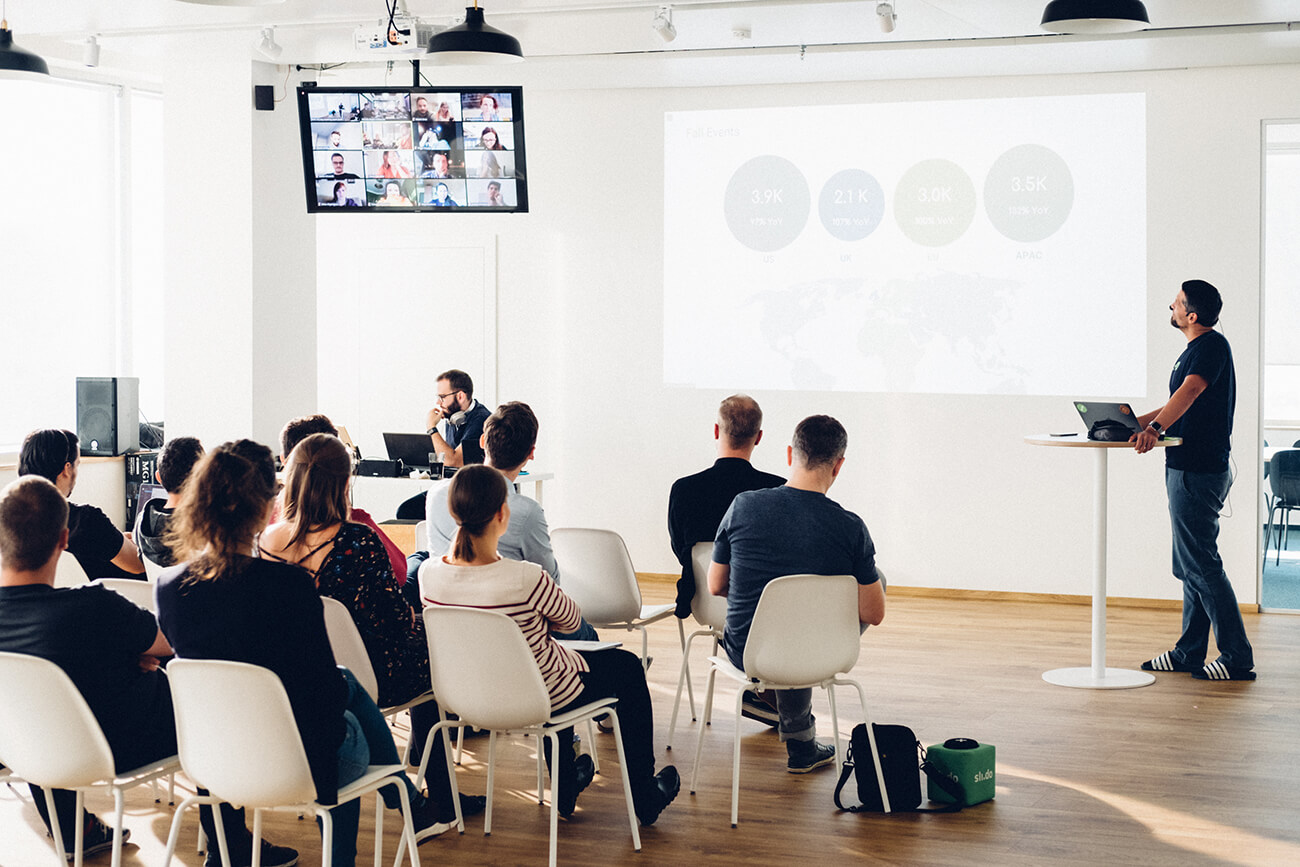
Asiat riitelevät, eivät ihmiset
13/09/2019
Workplace counseling, EAP, coaching (*) – some quick facts
14/10/2019In the recent years I havent stopped wondering how psycho-physical being human really is. Another interesting thing i have discovered is the fact how one’s past can have an impact to this psycho-physical wellbeing.
Great example of the former observations is the massive study that was conducted in California about 20 years ago. This study was called The CDC-Kaiser Permanente Adverse Childhood Experiences (ACE) Study and sample size was over 17 000 people. It studied childhood abuse, neglect and household challenges in relation to later-life health and well-being.
First, the study defined adverse childhood experiences (ACE) and it ended up with 10:
- Emotional abuse: A parent, stepparent, or adult living in your home swore at you, insulted you, put you down, or acted in a way that made you afraid that you might be physically hurt.
- Physical abuse: A parent, stepparent, or adult living in your home pushed, grabbed, slapped, threw something at you, or hit you so hard that you had marks or were injured.
- Sexual abuse: An adult, relative, family friend, or stranger who was at least 5 years older than you ever touched or fondled your body in a sexual way, made you touch his/her body in a sexual way, attempted to have any type of sexual intercourse with you.
- Mother treated violently: Your mother or stepmother was pushed, grabbed, slapped, had something thrown at her, kicked, bitten, hit with a fist, hit with something hard, repeatedly hit for over at least a few minutes, or ever threatened or hurt by a knife or gun by your father (or stepfather) or mother’s boyfriend.
- Substance abuse in the household: A household member was a problem drinker or alcoholic or a household member used street drugs.
- Mental illness in the household: A household member was depressed or mentally ill or a household member attempted suicide.
- Parental separation or divorce: Your parents were ever separated or divorced.
- Incarcerated household member: A household member went to prison.
- Emotional neglect: Someone in your family helped you feel important or special, you felt loved, people in your family looked out for each other and felt close to each other, and your family was a source of strength and support.
- Physical neglect: There was someone to take care of you, protect you, and take you to the doctor if you needed it, you didn’t have enough to eat, your parents were too drunk or too high to take care of you, and you had to wear dirty clothes.
Outcomes of the study were very interesting. To name a few:
- Adverse childhood experiences are common. For example, 28% of study participants reported physical abuse and 21% reported sexual abuse. Many also reported experiencing a divorce or parental separation, or having a parent with a mental and/or substance use disorder
- The number of ACEs was strongly associated with adulthood high-risk health behaviors such as smoking, alcohol and drug abuse, promiscuity, and severe obesity, and correlated with ill-health including depression, heart disease, cancer, chronic lung disease and shortened lifespan.
- Difference when having 0 or 4 ACE’s: Compared to an ACE score of zero, having four adverse childhood experiences was associated with a seven-fold (700%) increase in alcoholism, a doubling of risk of being diagnosed with cancer, and a four-fold increase in emphysema; an ACE score above six was associated with a 30-fold (3000%) increase in attempted suicide.
- ”Time decay”: The ACE study’s results suggest that maltreatment and household dysfunction in childhood contribute to health problems decades later. These include chronic diseases—such as heart disease, cancer, stroke, and diabetes—that are the most common causes of death and disability in the United States.
So, to sum up: these adverse childhood experiences are very common and they can have huge impact for human’s mind and body. What can i furthermore add, and which i find very comforting, is that human being can work on these issues later in the life, during adulthood. And that is also where our company can offer assistance. Among companies and organizations our company offers a service that is globally known as Employee Assistance Program (EAP). And EAP includes ”workplace counselling” and that is exactly where our core focus is now. Workplace counselling is a regular routine we do with the staff for certain period of time, for example 3 or 6 months. People we use in this context are highly professional people and they are able to work with ”ACE kind of” issues.
And oh yeah, what did I ”score” in this ACE check list? I had 5/10. With that I allow myself to understand better some of my addictions and strange physical symptoms i have had in my adulthood. For example i went 3 times through a 6 hour heart operation as my heart was in pretty bad condition when i was 35 (my heart’s bad condition was found just by accident in regular age checkup when i was 35).
What is your score in this checklist? Or what are the scores of the people around you in the workplace? Would you like to hear more about EAP and workplace counselling and what kind of results companies have reached by using that? If you do, please contact us via LinkedIn or email: info@mindfaculty.fi / best regards, Aku
Sources of this writing:
https://www.cdc.gov/violenceprevention/childabuseandneglect/acestudy/about.html
https://en.wikipedia.org/wiki/Adverse_Childhood_Experiences_Study



